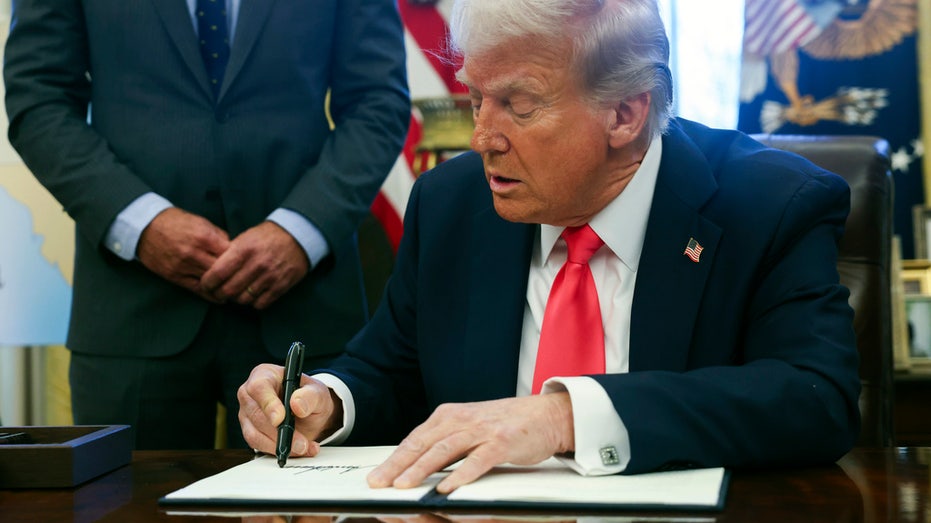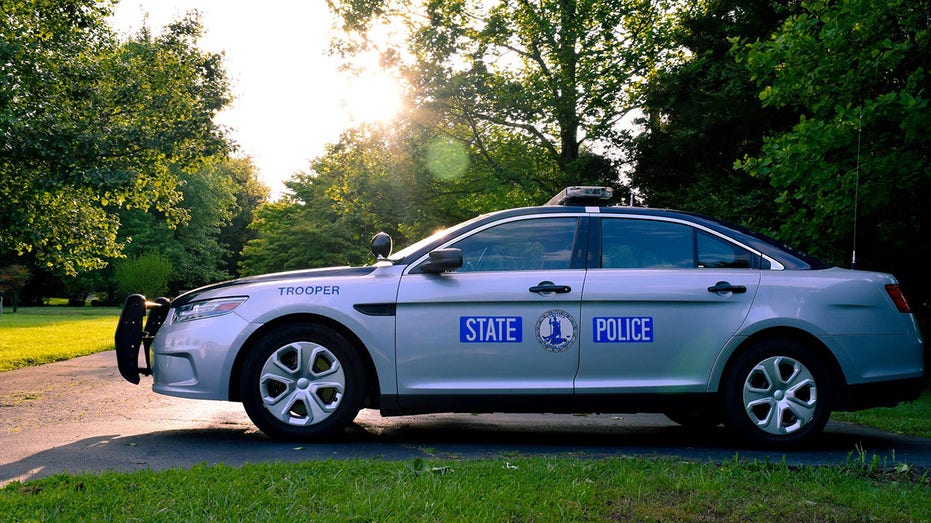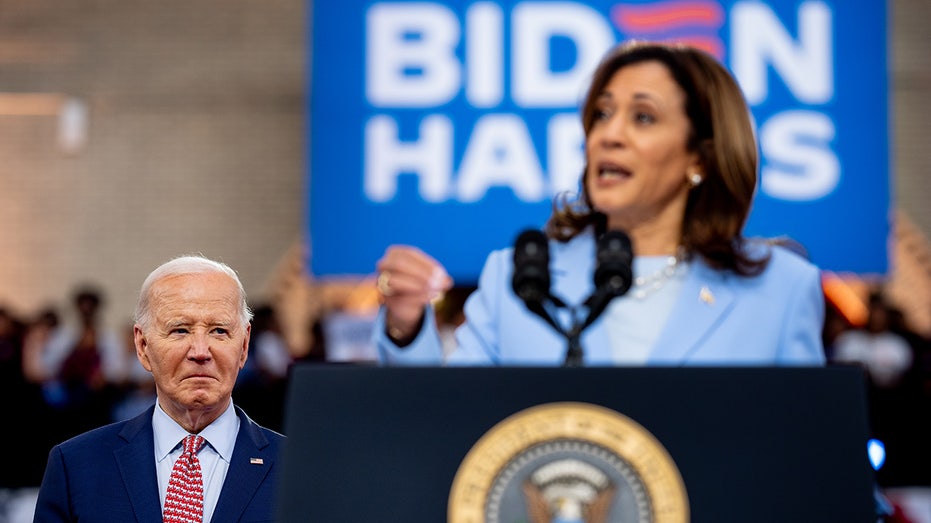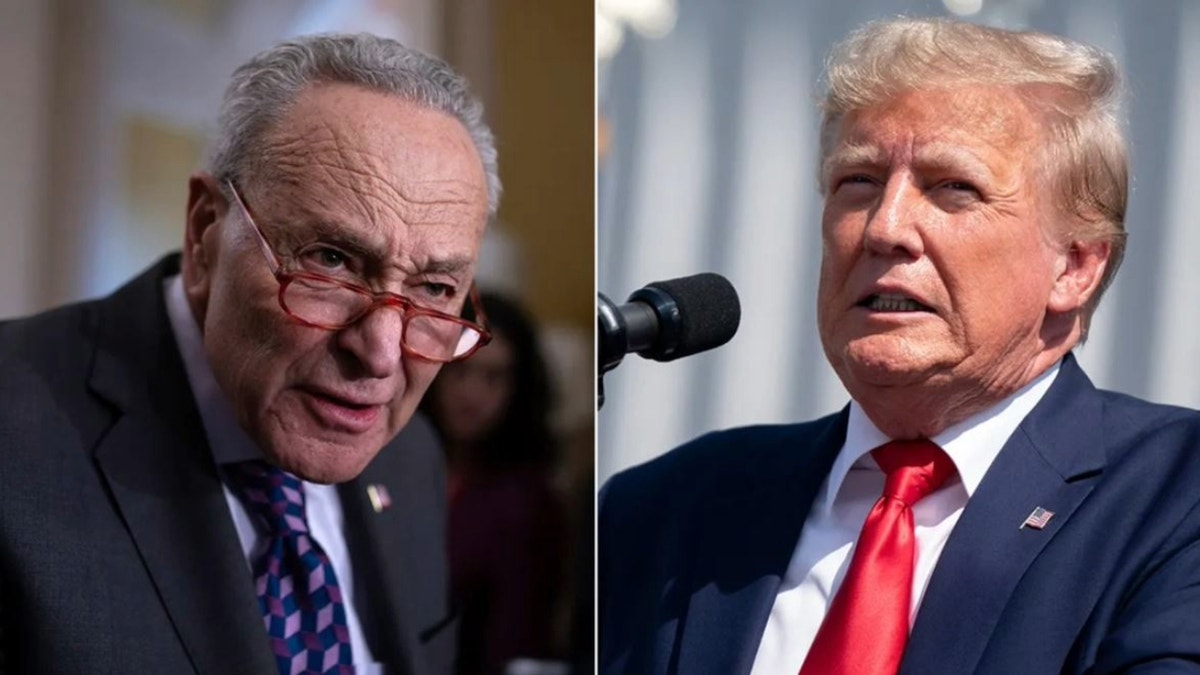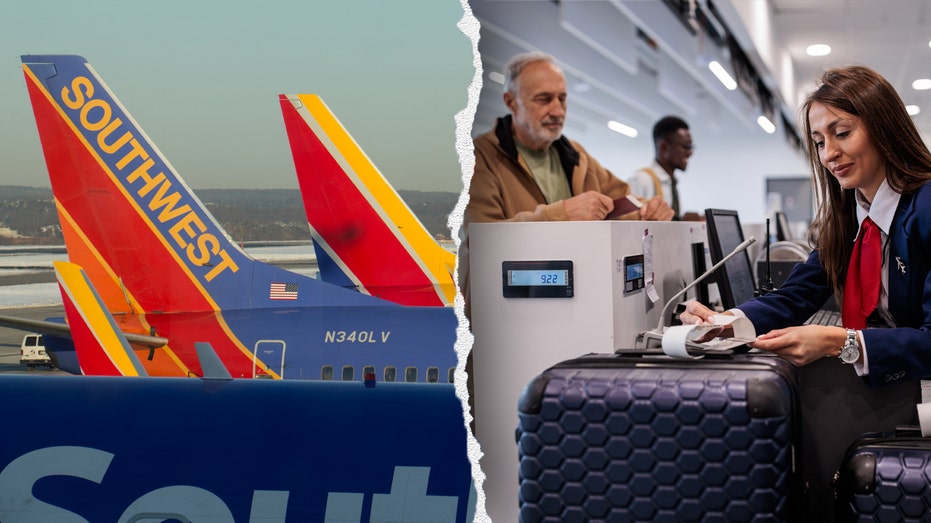- by foxnews
- 14 Mar 2025
Supreme Court weighs TikTok ban Friday; national security, free speech arguments are considered
The Supreme Court agreed to fast-track TikTok's request for review, and the Supreme Court hearing comes just nine days before a U.S. ban takes effect.

It is unlikely the court will take that long, however, and justices are expected to issue a ruling or order in a matter of days.
The case comes as TikTok continues to be one of the most popular social media apps in the U.S. with an estimated 170 million users nationwide.
President-elect Trump has also signaled support for the app, putting the case further into the national spotlight in the final weeks before his inauguration.
Ahead of Friday's oral arguments, here's what to know about the arguments and how the Supreme Court might act.
TikTok arguments, alleged free speech violations
The Protecting Americans from Foreign Adversary Controlled Applications Act gave TikTok nine months to either divest from its Chinese parent company or be removed from U.S. app stores and hosting services. Its owners have said repeatedly they will not do so. It also grants the president a 90-day window to delay the ban if TikTok says a divestiture is in progress.
TikTok, ByteDance and several users of the app swiftly sued to block the ban in May, arguing the legislation would suppress free speech for the millions of Americans who use the platform.
Lawyers for TikTok argued that the law violates First Amendment protections, describing it as an "unprecedented attempt to single out applicants and bar them from operating one of the most significant speech platforms in this nation" and noting that lawmakers failed to consider less restrictive alternatives compared to an outright ban.
"History and precedent teach that, even when national security is at stake, speech bans must be Congress's last resort," attorneys said in a reply brief filed last month to the high court.
National security concerns
Beijing could "covertly manipulate the platform" to advance geopolitical interests in the U.S., Prelogar noted, or use the vast amount of user data it has amassed for either espionage or blackmail.
The Biden administration also filed under seal classified evidence to the court that it argued "lends further support" to its conclusion that TikTok under ByteDance ownership should be banned.
That evidence has not been released to the public.
Political pressures
In December, Trump hosted TikTok CEO Shou Zi Chew at his Mar-a-Lago resort, telling reporters during a press conference his incoming administration will "take a look at TikTok" and the divestiture case.
"I have a warm spot in my heart for TikTok," Trump told reporters.
Attorneys for the president-elect also filed a brief with the Supreme Court last month, asking justices to delay any decision in the case until after Trump's inauguration Jan. 20.
The brief did not signal how Trump might act.
Still, attorneys for TikTok have cited that relationship directly in their Supreme Court filings. Last month, they argued an interim injunction is appropriate "because it will give the incoming Administration time to determine its position, as the President-elect and his advisors have voiced support for saving TikTok.
"There is a strong public interest that this Court have the opportunity to exercise plenary review.
The case also comes amid a groundswell of support from some lawmakers in Congress.
In the brief, lawmakers referenced the nation's longtime reliance on national security claims as a means of justifying censorship, citing examples from the Sedition Acts of the 18th and 20th centuries and Cold War-era free speech restrictions. Banning TikTok due to "speculative concerns" about foreign interference, they argued, is "unconstitutional and contradicts fundamental American values."
They argued the U.S. could adopt less drastic measures that would effectively address any data security concerns posed by the app while also not infringing on First Amendment rights.
Others remained deeply opposed.
Sen. Mitch McConnell blasted TikTok's arguments as "unmeritless and unsound" in a filing of his own, noting that Congress explicitly set the Jan. 19 date for the divestiture clause to take force since it "very clearly removes any possible political uncertainty in the execution of the law by cabining it to an administration that was deeply supportive of the bill's goals."
- by foxnews
- descember 09, 2016
Southwest flyers fire back over airline ending free checked bag policy: 'Nail in the coffin'
Southwest has customers sounding off after the airline announced an end to its checked bag policy, leading some flyers to say they'll "boycott" the airline.
read more